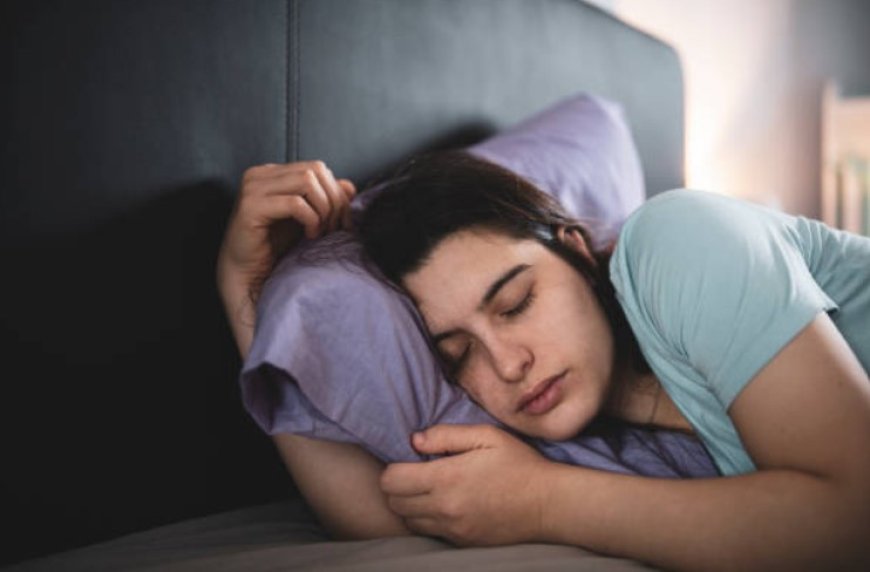Immunity and sleep: A powerful partnership
How sleep can help you stay healthy and fight off infection
Immunity and sleep: a potent combination
Do you know that sleep is crucial for our immune system as well as our general health and wellbeing? Lack of sleep makes our bodies less capable of warding against illness and infection.
The relationship between immunity and sleep is seen below:

Sleep aids in the development of immunological cells. Our bodies make white blood cells when we sleep, which are crucial for warding off infection. Our bodies create fewer white blood cells when we don't get enough sleep, which increases our susceptibility to disease.
Sleep aids in controlling inflammation. Although inflammation is a normal reaction to injury or infection, too much of it can be dangerous. Sleep aids in reducing inflammation, which is crucial for immunity and general health.
Sleep aids in the reduction of stress, which weakens the immune system and increases the likelihood of illness. Our immunity may be strengthened because sleep lowers stress levels.
According to studies, those who don't get enough sleep are more susceptible to contracting a virus after being exposed to it. One study, for instance, discovered that individuals who slept fewer than 7 hours each night had a threefold increased risk of developing the common cold compared to those who slept 8 hours or more each night.
According to a different study, persons who lack sleep are less likely to respond to vaccinations. This shows that getting enough sleep is crucial for warding off and avoiding infections.
How much sleep is necessary to strengthen your immunity? The average adult need 7 to 8 hours of sleep per night. Nevertheless, depending on their particular demands, some people might require more or less sleep.
There are a few things you may do to improve your sleeping habits if you don't get enough rest:

Set up a regular sleep routine and try to stick to it, especially on the weekends.
Establish a calming nighttime ritual. This could entail relaxing activities like taking a warm bath, reading, or listening to music.
Make sure your bedroom is quiet, cool, and dark.
Avoid drinking alcohol and caffeine before bed.
Exercise frequently, but avoid doing it too close to bedtime.
Consult your doctor if you're experiencing problems falling asleep. They can suggest ways to enhance the quality of your sleep and assist you in identifying any underlying medical conditions that might be interfering with your sleep.
One of the finest things you can do for your immune system is to get adequate sleep. You may lower your chance of getting sick and enhance your general health and wellbeing by prioritizing sleep.
















































































































































































































